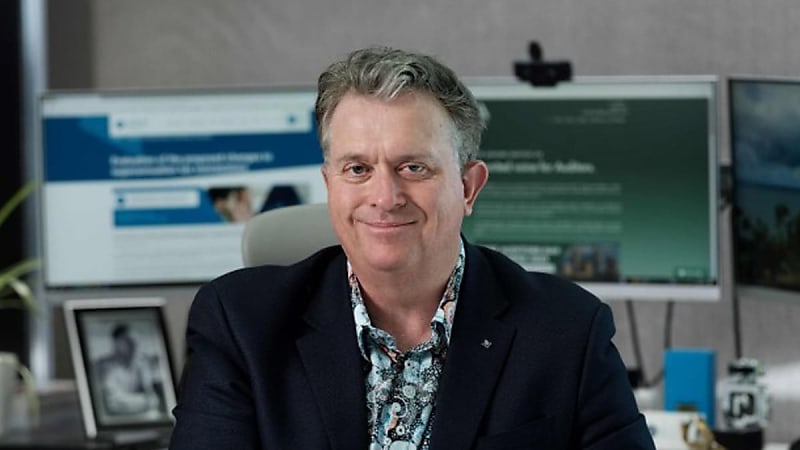AI in audit process should not replace ‘human expertise’: specialist
Technology should be used to enhance the auditing profession, but should not come at the expense of human expertise, a leading auditor has said.
David Saul, chief executive and managing director of Saul SMSF, says with advances in artificial intelligence, data integrity systems, and blockchain-enabled reporting, the auditing sector has an opportunity to create an SMSF ecosystem that is not only more efficient, but also more transparent and predictive.
“[With AI] auditors can move from simply testing compliance to identifying early-stage risk and shaping better outcomes for trustees,” Saul said.
“But progress cannot come at the expense of independence. Technology should never compromise professional scepticism or judgement, it should enhance it.
“The future of auditing will depend on how well we combine human expertise with machine precision, and how faithfully we preserve ethical standards in an increasingly automated environment.”
To this end, Saul has founded SMSF 2030, a national platform exploring how technology and the digital economy will redefine auditing, valuation, and compliance over the next decade.
“Our mission is to ensure that innovation strengthens, rather than dilutes, professional integrity.”
“Over the past decade, I’ve seen first-hand how digital tools, automation, and data analytics have elevated the audit profession, turning what was once retrospective verification into a real-time assurance function that protects both trustees and advisers.”
When he first entered the audit profession in 2007, it was a highly paper-based profession, and there was very little off-the-shelf technology to build systems or software that could efficiently deliver an SMSF audit.
However, with the advances in AI, there is now the opportunity to meet the stringent compliance standards.
Saul said that as other sectors begin to embrace AI, the auditing profession has no choice but to follow.
“It's clear to me that those who don't embrace these new technologies or changes will be left behind.”
“It’s not about putting 100 per cent of the process in the hands of AI, it’s about concentrating that human expertise and instinct. The technology is about highlighting the human element of the audit.”
He continued that it’s important that technology does not eliminate the human touch vital in the audit process.
“It's having better tools to scan the environment to find out what's really happening. Auditors are independent thinkers. We're not waiting for other people's approval, and that's why we set up SMSF 2030.”
“It's not just the audit side. We understand that we have to keep leaning into it [technology]. We also see that the assets that we're auditing are changing, and they're going to keep changing. For example, the tokenisation of assets or cryptocurrencies are new asset classes of which we are seeing more.”
The use of technology, and AI in particular, will also have an impact on productivity within the sector, Saul said.
“The government has estimated that AI will help grow productivity by around 2.6 per cent, and in our [auditing] use of it, that’s a very low estimate in my view.”
“When you start to think about it like that, you can start [using AI] to draft a letter, and then add [process] B and then C. Then instead of your staff trying to squeeze their time on an audit doing these things, they remain profitable, and it allows them a little more breathing space to put some more critical thinking behind the audit.”
Saul said as a fellow of the SMSF Association, chair of its professional standards committee, and member of the SMSF Innovation Council, he can see immense opportunity for collaboration between innovators, regulators, and practitioners.
“Together, we can build systems where independence, data integrity, and digital transformation reinforce each other, protecting the retirement dreams of Australians for generations to come.”
“Auditing may be evolving, but its purpose remains timeless: to protect trust. The tools are changing; the responsibility is not.”


